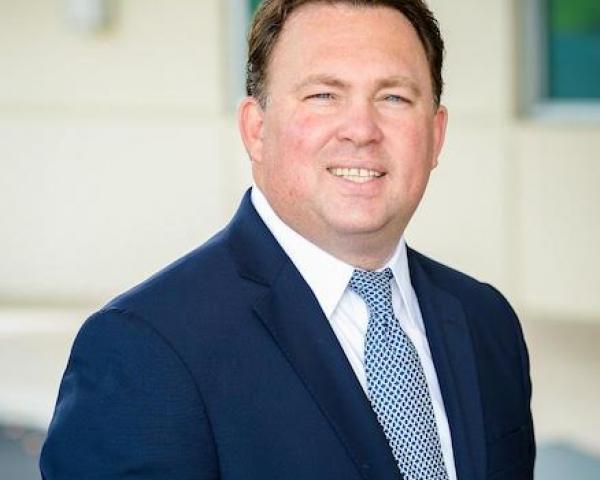The pinnacle of the real estate market, of any market, is hard to predict, just as the precipice of a collapse in prices is real but unpredictable. About the sea below, red with debt and white with foam, about the flotsam from those houses underwater and too deep to raise, a reminder: We must sail to port, for we cannot afford to drift or drop anchor; we must sail toward safety, in safety, with the safety insurance provides; we must sail with the tide, allowing it to lift us without having it crash against us, so we may convert a rise in valuations into a plan that delivers everlasting value.
By using life insurance to create an estate plan, and funding the plan with cash from a home equity conversion mortgage (HECM), qualified borrowers (ages 62 and older) can turn rising house prices into tax-free income. Because the appraised value of a house determines the size of a loan, and because prices have risen at the fastest rate in more than 30 years, borrowers have more money to invest. How they choose to invest this money, whether they choose to guarantee a legacy for their loved ones or better themselves without relying on their loved ones, is their choice.
More important is the fact that borrowers are free to choose, that they have the freedom to secure paper wealth with paper as secure as property. Because of what the law says, that life insurance is a form of property, and because of what life insurance offers, liquidity, borrowers are free to make real the promises of HECM: bestowing upon themselves, or bequeathing to posterity, the blessings of financial freedom.
Take, for instance, a 62-year-old woman with an average life expectancy of 84. If the appraised value of this woman’s house is $500,000, or 25% higher than a year ago, she can transfer the money from a HECM loan into a life insurance policy, safeguarding the principal while earning tax-free income from a diversified portfolio of investments. Or the beneficiaries of her estate can receive a cash payout, minus the balance and interest of the HECM loan, thanks to a life insurance policy.
See also: Where Does Life Insurance Go Now?
Thanks to the fact that life insurance is a lifeline, this woman has the power to avoid the shallows and miseries of the sea. Whether her voyage is long or short, whether her vessel is a sloop or a schooner, the sea—mysterious, wild and unrestrained—endures. To weather its storms and withstand its moods, to be like a rock of strength and prudence, able to rise from awful stirrings and right the course, to stir the course with apparent wind, requires the assurance of a wise captain.
The captain deserves insurance, too, so she may sail in peace, despite the conditions of the sea. Mindful of the direction, and peaceful because of her directives, life insurance guides this captain home. Life insurance guides her travels.






